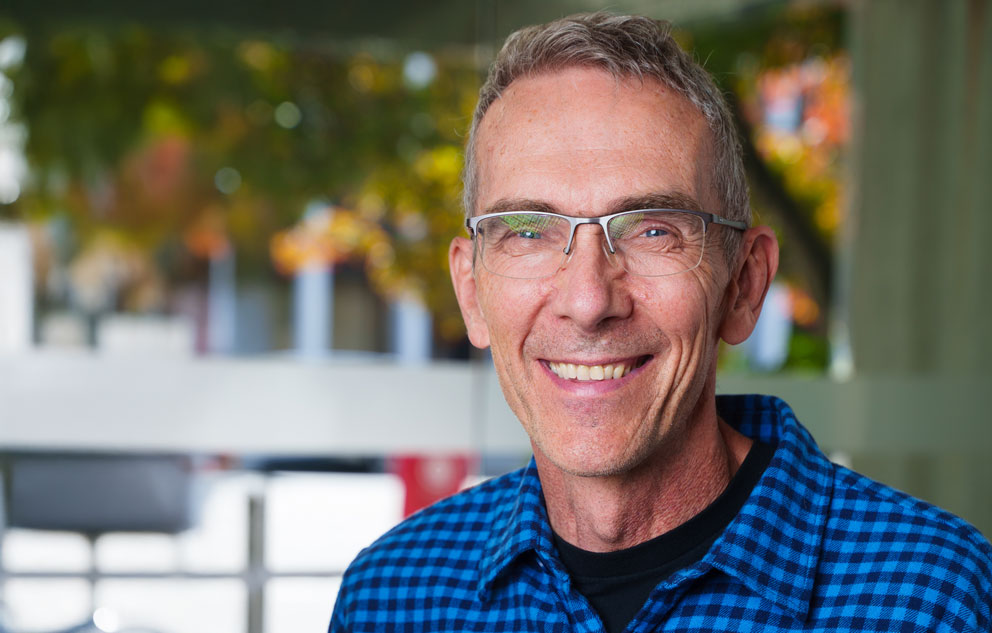The heart of family medicine: Trust, tragedy and the bonds that endure

Dr. Grant Del Begio
My plan was psychiatry, but when I did my med school family practice rotation in Churchill, Manitoba – something clicked. Family medicine gave me the chance to do everything—psychiatry, emergency care and so much more—without limiting my scope. But what truly drew me in was the relationships. The connections we build with patients are real, deep and life-changing.
I’ve worked in smaller communities in Manitoba and B.C., from Golden to Kamloops, but my career has also taken me beyond Canada. I’ve practiced in Guatemala and Africa, where access to healthcare is limited and the role of a family doctor is vital.
Mentoring the next generation of doctors
I work in a learning centre where we train residents so we’re one of the few clinics still taking new patients. You really get a sense of how conditions and health concerns are neglected without access to primary care – it’s a major challenge. Specialist access is also a real challenge. We see people waiting a very long time for care. Part of my job is to advocate for them. Practicing in this environment can be tough.
At the end of the day this is a human interaction job. I have always enjoyed my patient relationships. People have fascinating stories and lives. Helping them has been a joy over the years. One of the things I teach F.P. residents is you must establish that you care before you deliver a care plan. It takes time to show you care.
There’s a Stephen Covey quote: “change takes place at the pace of trust.” I tell residents, you can prescribe the right medicine and advice but if the person doesn’t trust you they may not take it.
The power of connection
Early in my career I remember a young mom called the hospital to say that her baby wasn’t breathing. I rushed down there to be there when they came in. I remember her coming through the doors, holding her limp baby. It seemed obvious the baby had died of SIDS. We tried to resuscitate the baby in every way possible, knowing that, short of a miracle, it wouldn’t make a difference. I remember taking time to talk to the mom at length afterwards. As a doctor, even though you did everything you could, you feel like you failed completely.
Six months later, I got a call from the young mom. She was pregnant again and wanted me to care for her during her pregnancy and delivery. I was shocked. I thought I was the last person she would ever want to see again. I took her on, and fortunately, everything went well.
That’s the power of family medicine. It’s not just diagnosing and prescribing. It’s walking through life with people—even in their worst moments. At the end of the day, it’s all about human relationships. I’ve been in Kamloops for over 30 years now and there are so many longitudinal relationships – I’ve seen so many families grow, delivering babies and watching families thrive has been wonderful. Following people through serious illness and death is also bonding and significant.
The future of family medicine
The reality is that we will never completely solved the shortage of family doctors. More and more, we’ll be relying on team-based care, artificial intelligence, and virtual medicine. That’s just the reality of medicine moving forward. We have to accept change, we need to increase access to care and be creative in doing that. The real challenge is implementing these changes wisely—without losing the human face and the caring heart of family medicine.
Dr. Grant Del Begio has practiced as a family doctor in Kamloops for 30 years. He is the BC Family Doctors District 10 South Central Cariboo representative.